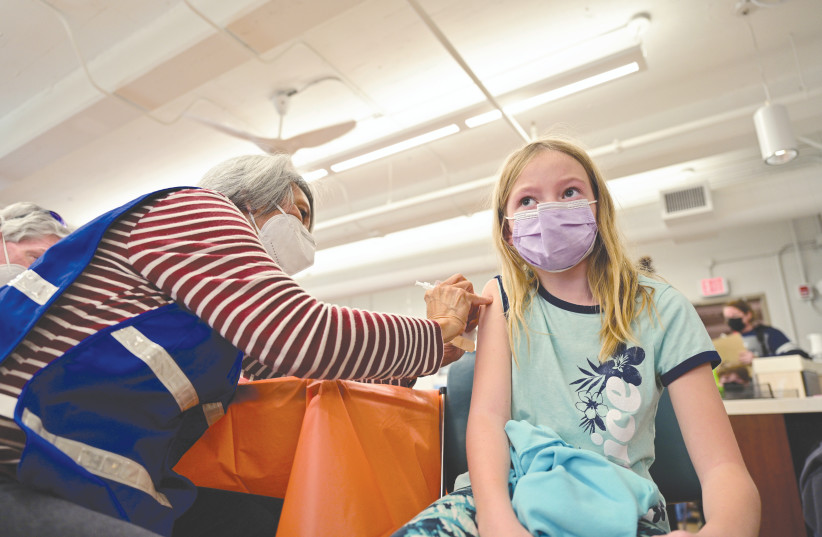While symptoms are usually mild for most young, healthy individuals infected with the SARS-CoV-2 virus, people with preexisting medical conditions, such as diabetes, have an increased risk of severe complications from COVID-19. However, could infection with the virus actually increase the risk of diabetes?
The US Centers for Disease Control and Prevention (CDC) researchers found that people under 18 were more likely to be diagnosed with diabetes over 30 days after they had been infected with COVID-19 than those who did not have the disease and those previously diagnosed with acute respiratory infections (ARI).
In order to calculate the risk of diabetes diagnosis over 30 days after acute SARS-CoV-2 infection, the researchers, led by Dr. Catherine Barrett from the CDC's COVID-19 Emergency Response Team and Division of Diabetes Translation at the National Center for Chronic Disease Prevention and Health Promotion, estimated the rates of diabetes in COVID-19 patients under age 18 using health care claims data from March 1, 2020, through February 26, 2021.
They then compared those rates with the rates of diabetes incidence in patients who had not contracted COVID-19 and in patients who had been diagnosed with an acute respiratory infection before the pandemic. The researchers then replicated their analyses using data from between March 1, 2020, and June 28, 2021, of patients who had any health issues potentially related to COVID-19.

The researchers found that diabetes was more common among patients who had COVID-19 than the other two groups; the risk of diabetes was 166% higher in patients who had COVID-19 than in those who had not and 116% higher than in those who had been previously diagnosed with non-COVID-19-related ARI. However, results from a second database indicated that the risk of diabetes was only 31% higher in patients who had COVID-19 than in patients who did not.
The researchers noted that the increased diabetes risk in people under age 18 after coronavirus infection emphasizes the need to adopt disease prevention and vaccination strategies specifically targeting youth.
